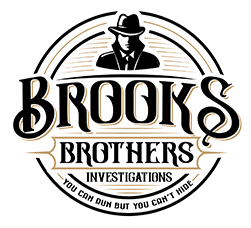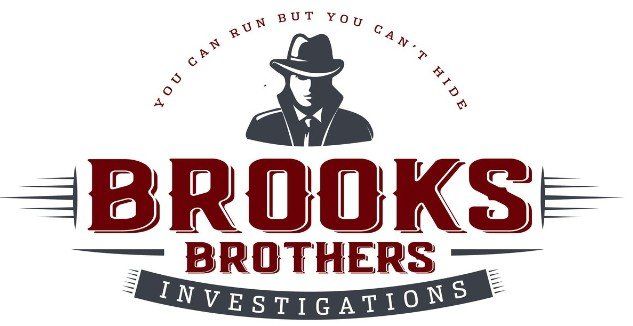How to become a Private Investigator in Iowa
Become a Private Detective through Training and Certification in Iowa

I get this question asked often, “How do I become a private investigator in Iowa”. The answer is quite simple…
In order to work as a private investigator in the State of Iowa, you first need to be licensed. The license is typically through an agency that has been approved by the Department of Public Safety.
Private Investigator Licensing Services Bureau is headquartered in downtown Des Moines, and they’re responsible for issuing private investigator licenses in the state. If you are interested in the profession, then review the following guide that explains how to become a private detective in Iowa:
- Meet the Basic Requirements
- Iowa Training and Education Requirements
- Apply for an Agency
There is no typical day in the life of a private investigator. You may find yourself conducting an undercover surveillance in Cedar Rapids one week, investigating a suspected case of fraud in Davenport the next week, and locating a missing person in Council Bluffs the week after. Not as glamorous as Hollywood makes them out to be, private detective jobs in Iowa often involve long hours of research and investigation before cases are resolved.
Step 1. Meet Basic Requirements in Iowa
To become a licensed private investigator in Iowa you will need to meet the following basic requirements:
- Not currently be a peace officer: sheriff’s deputy, police officer, etc
- Be at least 18 years old
- Have no aggravated misdemeanor or felony convictions
- Be of good moral character
- Have never been judged guilty of a crime involving moral turpitude or fraud
- No history of violence or illegally carrying dangerous weapons
- Not currently be addicted to alcohol or drugs.
Step 2. Private Investigator Training and School Requirements in Iowa
Although there are no official private investigator school and training requirements in Iowa, there are several reasons why you should consider pursuing training, certification classes or a degree in relevant fields.
A education and prior experience provides the following benefits:
- Education credentials will demonstrate you are serious about your job
- Show you are qualified with the right know-how to get the job done well
- Open up future career advancement prospects
- Increase your competitiveness for clients among other PIs in the Cyclone / Hawkeye State.
The following programs are available as certificate classes and degrees at locations throughout the state as well as online:
- Criminal Justice (DMACC, Kaplan University to name a few..)
- Law (Drake Law)
- Business (AIB)
- Law Enforcement (Iowa Law Enforcement Academy)
- Psychology
- Forensics
- Gain experience as a Reserve Police Officer (IA Law Enforcement Academy located at Camp Dodge in Johnston, Iowa).
Step 3. Applying with the Private Investigator Agency
When completing a license for private investigator jobs in Iowa, make sure to include the following along with your complete application:
- Two fingerprint cards
- Criminal / FBI Background Check
For more information, visit our website www.BrooksPI.com or call us at 515-246-8100. For any questions regarding our article, you can email me at Craig@BrooksPI.com
Watch as KCCI rides along Iowas Preferred Private Investigator
















Share On: